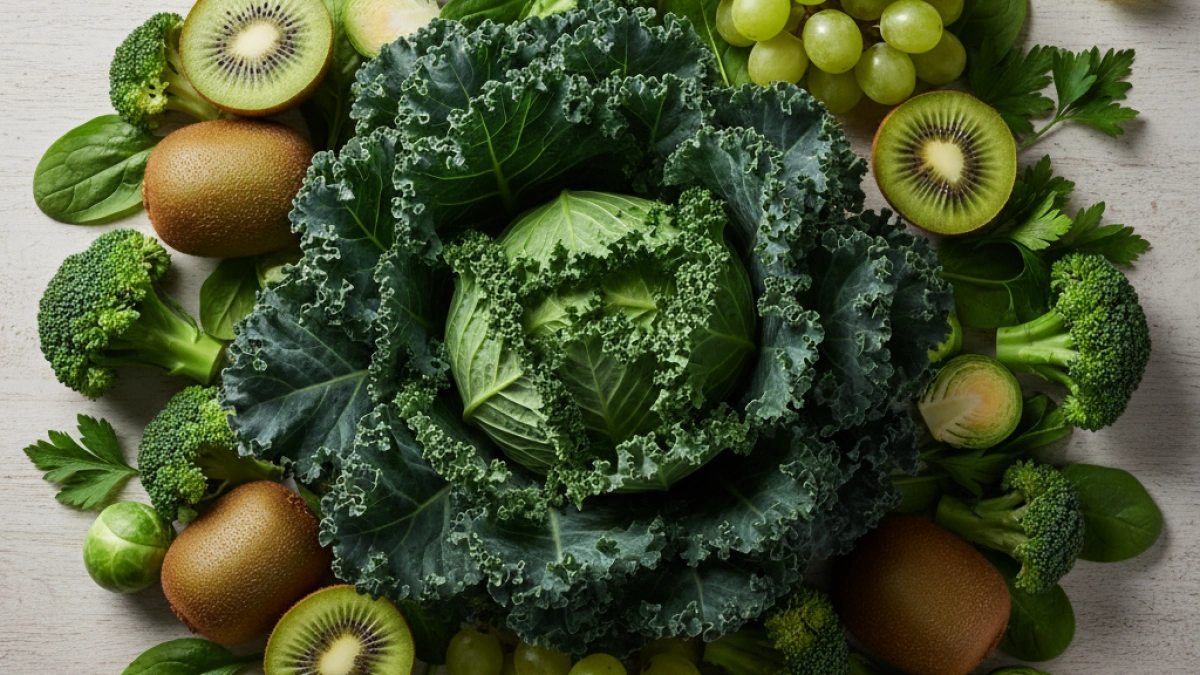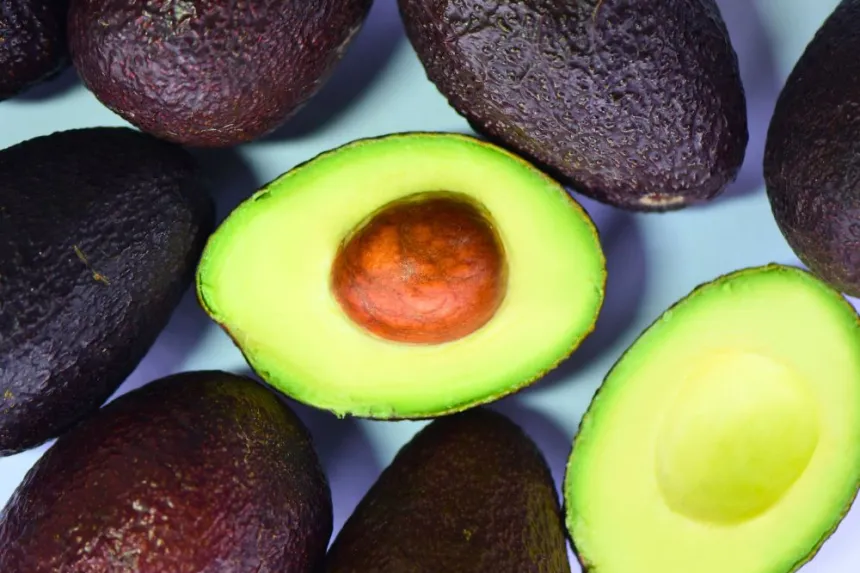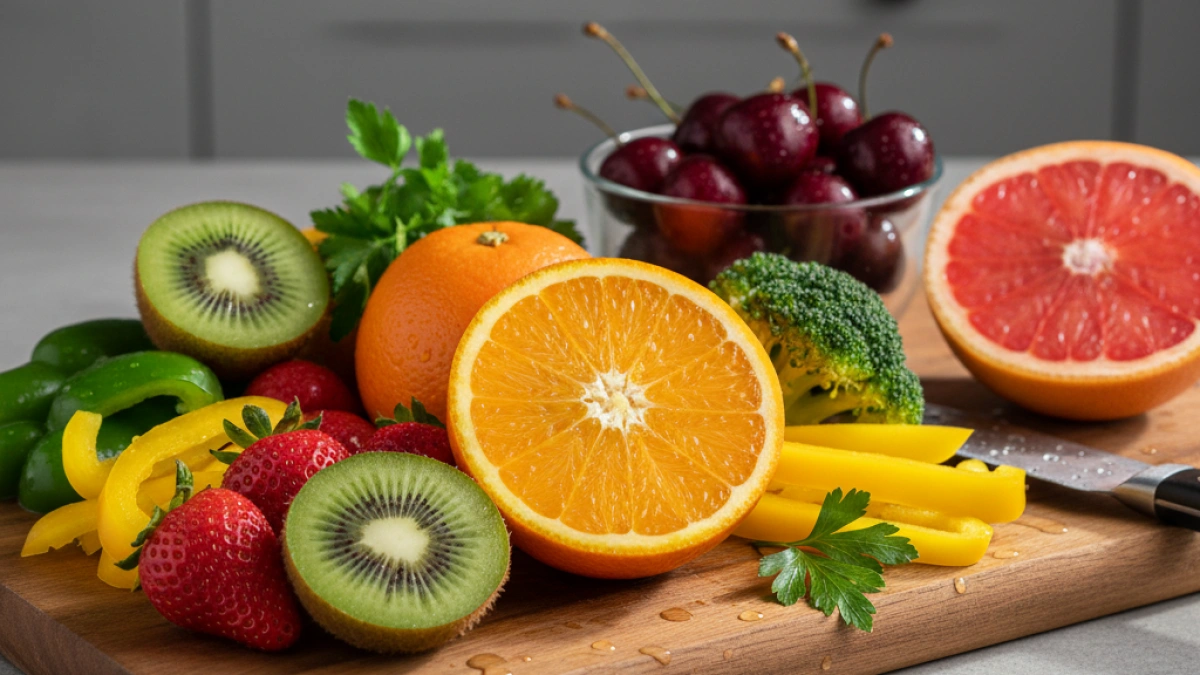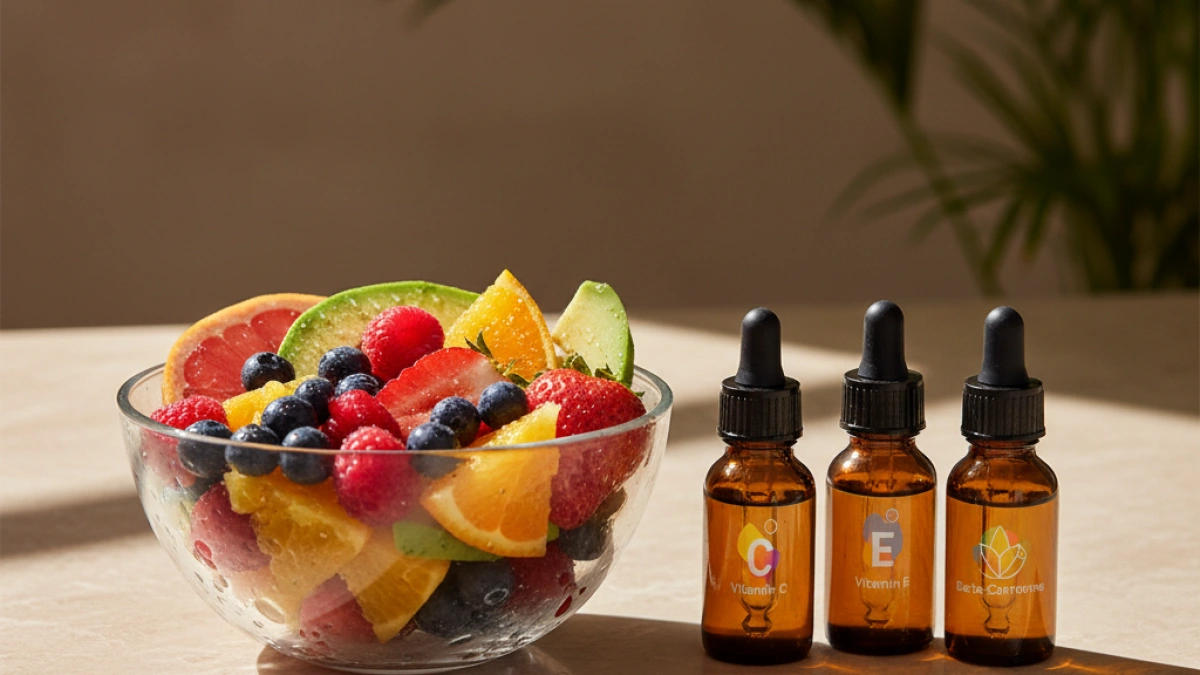Benefits and sources of vitamin K1 for health

Vitamin K1 is an essential nutrient that plays a crucial role in our health. Although it is less well-known than other vitamins, its importance to the body should not be underestimated. In this article, we will explore the benefits of vitamin K1 and the main food sources where it can be found.
What is Vitamin K1?
Vitamin K1, also known as phylloquinone, is a type of vitamin K that is primarily found in green leafy vegetables. Its main function is to assist in blood coagulation, but it is also linked to other health benefits. It is important for maintaining bone and cardiovascular health, as well as for the prevention of certain diseases.
Benefits of Vitamin K1
1. Blood Coagulation
One of the most important functions of vitamin K1 is its role in blood coagulation. This vitamin is necessary for the production of proteins that regulate the coagulation process. Without sufficient vitamin K1, the body may struggle to stop bleeding, which can lead to hemorrhages.
2. Bone Health
Vitamin K1 is also essential for bone health. It helps maintain bone density by facilitating the incorporation of calcium into the bone matrix. Some studies have shown that adequate intake of vitamin K1 can reduce the risk of fractures and improve overall bone health.
Read also
3. Cardiovascular Health
Another relevant benefit of vitamin K1 is its contribution to heart health. Vitamin K has been found to help regulate arterial calcification, a risk factor for cardiovascular diseases. Maintaining adequate levels of vitamin K1 in the body can therefore be beneficial for preventing heart disease.
4. Disease Prevention
Regular consumption of vitamin K1 has also been associated with a lower risk of certain diseases. Some studies suggest that adequate intake of vitamin K1 may protect against diseases such as osteoporosis and some forms of cancer. While more research is needed in this area, preliminary results are promising.
Food Sources of Vitamin K1
Where can we find vitamin K1 in our diet? Below are some of the foods richest in this vitamin:
Read also
Green Leafy Vegetables
Green leafy vegetables are the primary source of vitamin K1. Notable examples include:
- Spinach
- Kale
- Broccoli
- Lettuce
Other Foods Rich in Vitamin K1
In addition to green leafy vegetables, there are other foods that also contain vitamin K1, such as:
- Vegetable oils (especially soybean oil)
- Some fruits (like kiwis)
- Dairy products
Incorporating these foods into your diet can help you maintain adequate levels of vitamin K1 and benefit from its properties.
Conclusion
Vitamin K1 is an essential nutrient that provides numerous health benefits, from improving blood coagulation to promoting bone and cardiovascular health. Ensuring adequate intake of this vitamin through a diet rich in green leafy vegetables and other foods can be key to maintaining optimal wellness.
I invite you to continue reading more health and nutrition news here on my blog. Your well-being is our priority!











































